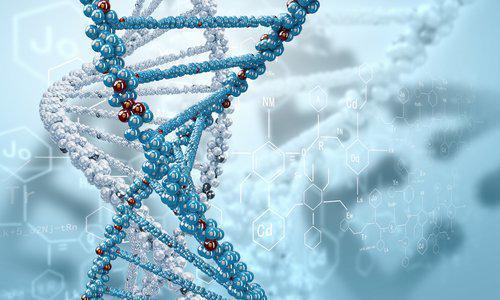Wisconsin Introduces Controversial Familial DNA Testing
 Forensic science has made great strides over the past several decades, turning a variety of technological advances into techniques for solving crimes. Arguably, the most important of these advancements was the ability to analyze DNA evidence left at crime scenes. Now, police departments in Wisconsin are introducing a controversial new version of DNA testing, familial DNA testing. This form of testing allows law enforcement officials to identify family members of people who leave DNA at a crime scene in order to better track them down. However, this DNA testing technology also has its opponents; many people are raising concerns about how it invades people's privacy in order to apprehend their relatives.
Forensic science has made great strides over the past several decades, turning a variety of technological advances into techniques for solving crimes. Arguably, the most important of these advancements was the ability to analyze DNA evidence left at crime scenes. Now, police departments in Wisconsin are introducing a controversial new version of DNA testing, familial DNA testing. This form of testing allows law enforcement officials to identify family members of people who leave DNA at a crime scene in order to better track them down. However, this DNA testing technology also has its opponents; many people are raising concerns about how it invades people's privacy in order to apprehend their relatives.
What Familial DNA Testing Is
Familial DNA testing is a new technique for analyzing DNA that removes one of the major limitations on current DNA forensics. Ordinary DNA analysis only produces a record of what the DNA found at the crime scene looks like on a molecular level. This is not enough to tie it to any given person. Instead, it must be compared against records of other DNA runs. This means that in order to use DNA to solve a crime the police either must already have the offender's DNA on file, or they must take a sample from a suspect, which can limit the usefulness of DNA in actually tracking down suspects.
Familial DNA testing lets police look through their records for people who are family members of the person who left DNA at the scene. This method relies on the fact that relatives often have close DNA signatures, even if they are not identical. This way, even if a person's DNA is not in the file, the police may still be able to find one of his or her relatives and track him or her down that way.
Pros and Cons
This sort of technology does provide many benefits to police officers, but those benefits do not come without severe costs to the privacy of citizens. This technology allows DNA to be more useful in generating leads for the police to solve crimes because it makes it more likely that their database will return useful information, in the form of potential relatives of the offender. However, at its heart, this technology allows the government to use the DNA of innocent people who had nothing to do with the crime. Additionally, the state is set to begin collecting DNA from people when they are arrested rather than when they are convicted. This means that a person's DNA could implicate his or her family members in crimes despite the fact that that person has never committed a crime in his or her life.
If you have recently been charged with a crime and want to make sure that your rights are protected, contact an experienced Milwaukee criminal defense attorney today. Our firm's dedicated lawyers are here to make sure your legal rights are protected.






